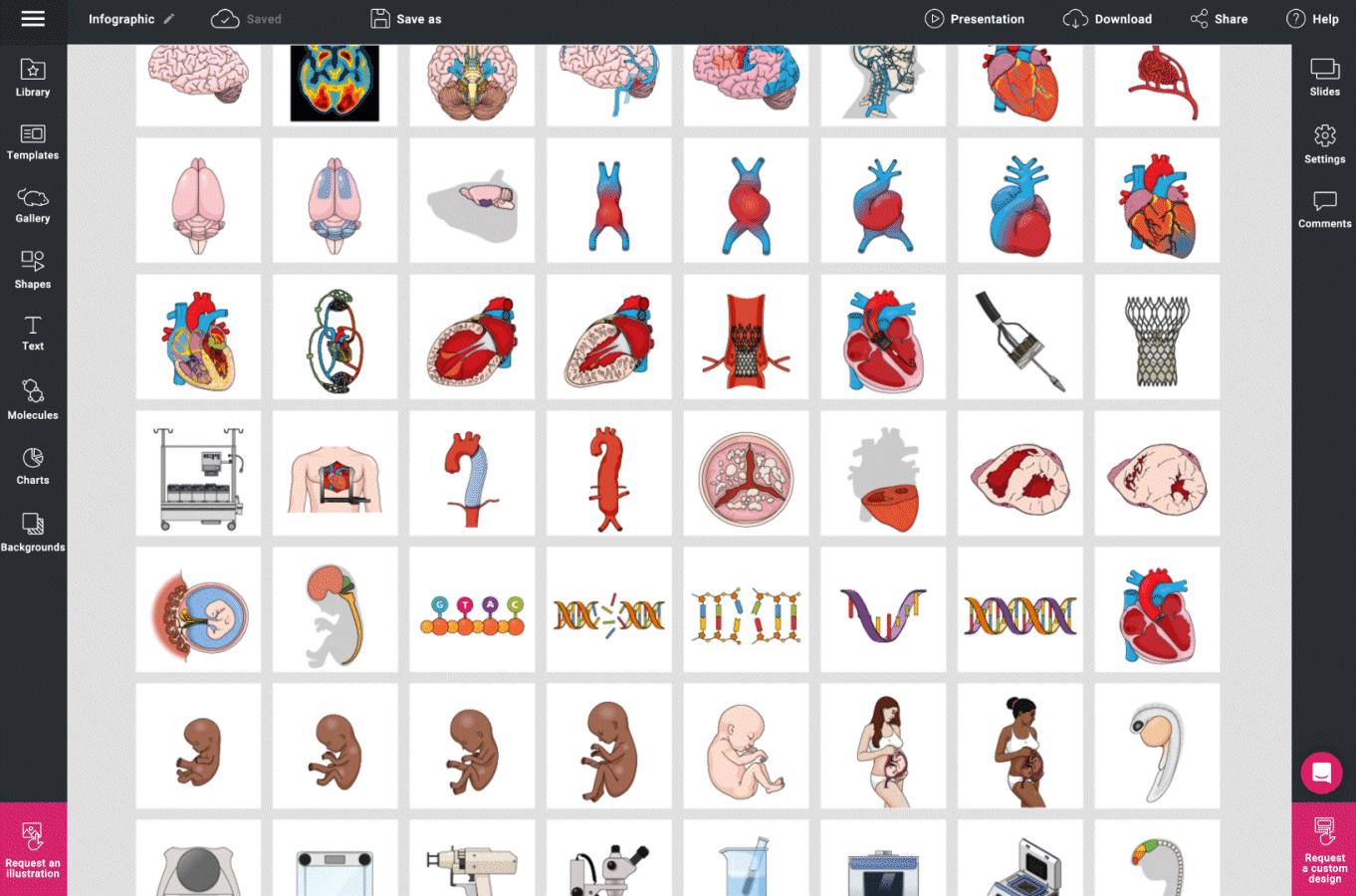Choosing the best path for your career aspirations and intellectual passions is often the most challenging part of embarking on advanced academic journeys. The pursuit of a PhD and the completion of postdoctoral research are two significant milestones in this journey. Educational, research, or industrial careers each offer their challenges and opportunities. It is important to weigh the pros and cons carefully when making a decision. Ultimately, it is important to choose what best fits your long-term career goals. In this blog, we will explore this topic in detail!
Understanding The PhD Journey
A Doctor of Philosophy (PhD) degree is the highest academic degree awarded by universities in most fields of study. This program is primarily designed to prepare individuals for conducting original research and contributing to their field of study. A PhD program aims to develop advanced research skills, critical thinking, and expertise in a specific field.
Also read: Master’s vs PhD: Which Degree Is The Right One for You?
Typical Duration And Structure
Depending on the field of study, the country, and the student’s progress, PhD programs typically last three to seven years. PhD programs generally include the following stages:
- Coursework: During the initial phase, students take advanced courses relevant to their field of study to build a strong theoretical foundation.
- Comprehensive Exams: Students usually take comprehensive exams after completing coursework to demonstrate mastery of the subject matter and readiness for independent study.
- Dissertation Research: Under the guidance of a faculty advisor, PhD students conduct original research for their dissertations. A research question is formulated, experiments are conducted, and data is gathered during this phase.
- Dissertation Writing and Defense: The final step is to write a dissertation that presents the research findings in detail and discusses their significance. Students present their work to a committee of experts and answer questions to demonstrate their expertise during a formal defense.
The Role of a PhD in Academic and Professional Careers
A PhD opens up numerous career opportunities in academia, research, and many other fields. PhDs are a prerequisite for faculty positions in academia, enabling individuals to teach and conduct research at the university level. A PhD holder can also find employment in research institutions, government agencies, and private industry, where their expertise is highly valued.
Also read: Doctoral Degrees In The Digital Age: Can You Get A PhD Online?
PhD graduates advance knowledge, solve complex problems, and drive innovation in their fields. Their rigorous training equips them with analytical and problem-solving skills that are useful in a wide range of careers, including consulting, policymaking, and specialized technical work.
The Postdoctoral Experience
The postdoctoral position, also known as a postdoc, is usually a transitional stage in an academic or professional career, usually after completing a PhD. A postdoctoral position provides early-career researchers with an opportunity to deepen their expertise, gain additional research experience, and enhance their professional abilities. Postdoctoral positions also provide an opportunity to develop their teaching and mentoring skills, as well as to build professional networks. They often provide a platform for researchers to become more competitive for jobs in academia and industry.
Related article: Academic Career – Make a Living Out of Learning
Typical Duration And Expectations
Generally, postdoctoral positions last between two and five years, but they can vary depending on the field of study, the funding available, and the specific goals of the research project. Research, publication, and academic participation are all expected during the postdoctoral period.
Aspects to consider
- Postdocs are expected to conduct independent research, often building on their PhD studies. Research in this field is typically more advanced and specialized, leading to significant advances.
- Publication in reputable journals is a crucial aspect of a postdoc. Accreditation and visibility within the academic community depend on publishing.
- For postdocs, grant writing is an essential skill. Grant proposals help sustain research projects and can lead to future career opportunities.
- Postdocs often mentor graduate students and sometimes undergraduate students in their research. Leadership and teaching skills can be developed through this experience.
The Role of a Postdoc in Academic and Professional Careers
In order to become an independent researcher or academic professional, postdoctoral positions play a crucial role. A successful postdoc can lead to faculty positions, tenure-track positions, or other permanent research positions in academia. A postdoc’s advanced skills and experience can lead to research-intensive positions in industry, government, and nonprofits.
PhD and Postdoc: What’s Good and What’s Bad
Advantages of Pursuing a PhD
- PhDs allow you to specialize in a particular field. Your original research will contribute to new knowledge in your field, setting you apart from your peers.
- PhDs can open the door to a variety of academic positions, including tenure-track professorships and government or industry research positions. Additionally, it enhances your qualifications for leadership positions.
- PhDs are intellectually rewarding for many. A sense of accomplishment and purpose can be gained from deep investigation and discovery.
Disadvantages of Pursuing a PhD
- A PhD can take 4-7 years to complete, requiring dedication, perseverance, and sustained effort. In addition to rigorous exams, extensive research, and publishing pressure, the journey is often filled with obstacles.
- There is a possibility that PhD stipends and funding will be modest, and the prolonged period of study may delay entry into higher-paying positions. Many students are concerned about the financial burden.
- As a result, there are more PhD graduates than positions available on the academic job market. It can be challenging and uncertain to secure a tenure-track position or a desirable industry job.
Advantages of Pursuing a Postdoc
- Postdoctoral positions allow you to expand your research portfolio and deepen your expertise. You can develop new skills, explore new research areas, and build a more robust academic profile.
- It is common for postdocs to work in highly collaborative environments, allowing them to establish connections with leading researchers and institutions. Collaborations and career opportunities can be enhanced through these networks.
- It is possible to secure competitive academic positions, research grants, and industry roles after completing a postdoc. Managing projects and conducting independent research are demonstrated here.
Disadvantages of Pursuing a Postdoc
- Compared to permanent academic or industry roles, postdoctoral positions are typically temporary and last for 2-3 years. Expertise may not be rewarded financially.
- It remains highly competitive to obtain a permanent academic position after completing a postdoctoral fellowship. Many postdocs face extended periods of uncertainty due to a tight job market for tenure-track positions.
- In postdoctoral research, long hours and high levels of dedication are often required. There is a risk of burnout when balancing professional and personal commitments.
Balancing the Pros and Cons
It’s important to weigh these pros and cons against your personal goals, interests, and circumstances before choosing between a PhD or postdoc. Think about the long-term impact on your career, financial stability, and general well-being. If you want to make an informed decision that aligns with your aspirations, you should consult mentors, peers, and professionals in your field.
Key Differences Between PhD and Postdoc
Focus and Independence
Research focus and independence are two of the main differences between a PhD and a postdoc. A PhD program involves guided research under the supervision of a mentor or advisor. As a result of this guidance, PhD candidates gain research skills, formulate hypotheses, and learn how to navigate the complexities of their fields of study. Postdoctoral researchers, however, are expected to conduct independent research. Although they may still work under a principal investigator (PI), they have significant autonomy to pursue their own research ideas.
Responsibilities
There is also a significant difference in the responsibilities associated with each academic stage. Typically, PhD students balance coursework and research, completing required classes, passing comprehensive exams, and working on their dissertations. Teaching assistantships are also common among PhD students. Postdoctoral researchers, on the other hand, focus primarily on advanced research. They are often responsible for publishing their findings, applying for research grants, and mentoring PhD students or junior researchers. Developing a strong research portfolio and establishing a reputation in the academic community is crucial at this stage.
Career Stage
PhDs and postdocs represent distinctly different stages of a scientist’s career. Generally, PhD students are early-stage researchers acquiring the foundational knowledge and skills they need to conduct independent research. When you complete a PhD, you are ready to contribute original research to the field. In contrast, postdoctoral fellows are early-career academics or professionals who have already earned their PhDs. In this stage, they are consolidating their expertise and preparing for permanent positions in academia, industry, or other research-oriented fields.
Funding and Financial Aspects
It is also important to note that the financial aspects of pursuing a PhD versus a postdoc differ as well. To support their studies and research, PhD students usually receive stipends and scholarships. Tuition waivers, living stipends, and health insurance are part of these packages, but they are usually modest and require additional funding through teaching and research assistantships. In contrast, postdoctoral researchers usually receive funding from research grants, fellowships, or institutions. In contrast to permanent academic or industry positions, postdoctoral salaries are often modest, even when compared to PhD stipends. A successful grant application and proposal can help a postdoc secure funding.
Personal and Professional Considerations
The decision between a PhD and a postdoctoral position requires careful consideration of your professional and personal goals. You should consider the following factors when making your decision:
Aligning Your Career Goals with the Right Path
Take a moment to reflect on your career aspirations over the long term. Would you like to work in academia, conducting groundbreaking research and teaching the next generation of scholars? Would you rather work in an industry, where your expertise can be applied to practical problems and innovation? You can determine whether a PhD or postdoc is the right path for you by understanding your ultimate career goals.
Evaluating Personal Interests and Long-term Objectives
Think about what excites you most about your field. A PhD allows you to delve deep into a specific topic, contributing original knowledge to your field. PhDs may be the right choice if you are passionate about discovering new insights and advancing your field. In contrast, if you are eager to refine your skills, gain additional research experience, and collaborate with leading experts, a postdoc may offer the ideal setting.
Considering Work-life Balance and Financial Stability
Postdoctoral positions and PhD programs can be demanding, often requiring long hours and dedication. Your personal life and overall well-being should be considered when evaluating these commitments. Lastly, keep in mind the financial aspect: PhD stipends vary widely, and postdoctoral salaries are generally higher, but may not meet industry standards. Examine the compensation offered by each path in light of your financial needs.
Seeking Advice from Mentors and Professionals in the Field
This is not a decision you should make on your own. Consult mentors, professors, and professionals who have walked these paths before. They can offer valuable insights into the realities of pursuing a PhD or postdoctoral position. To gather a wide range of opinions and advice, attend academic conferences, join relevant professional networks, and participate in discussions. Networking and mentorship can play crucial roles in helping you make informed decisions.
When you carefully consider these factors, you can align your choices with your personal preferences and professional ambitions, making it easier to succeed in your academic or professional endeavors.
Your Creations are ready within minutes!
Engage your audience with visually appealing visuals crafted from your research, saving you time and capturing their attention. Whether it’s intricate data sets or complex concepts, Mind the Graph empowers you to create engaging infographics. Our intuitive platform allows you to quickly create stunning visuals that effectively communicate your ideas. Our team of experts is available to provide you with support and guidance if needed. Start creating today and make a lasting impression. Visit our website for more information.

Subscribe to our newsletter
Exclusive high quality content about effective visual
communication in science.





